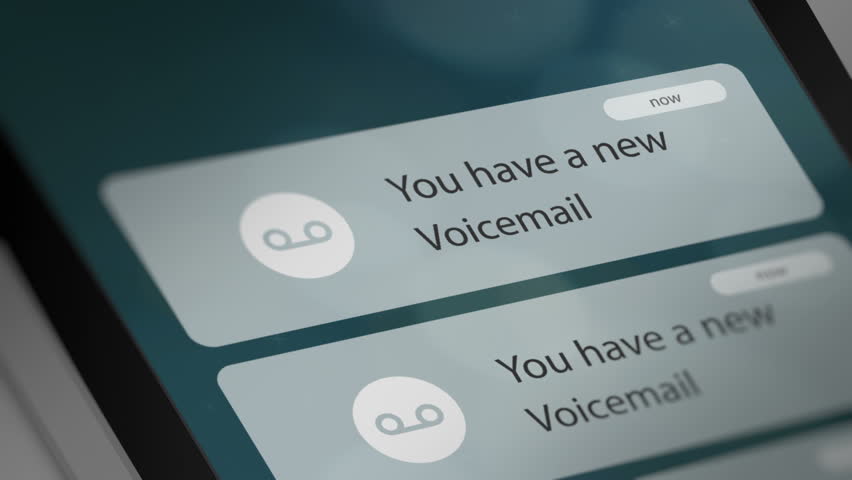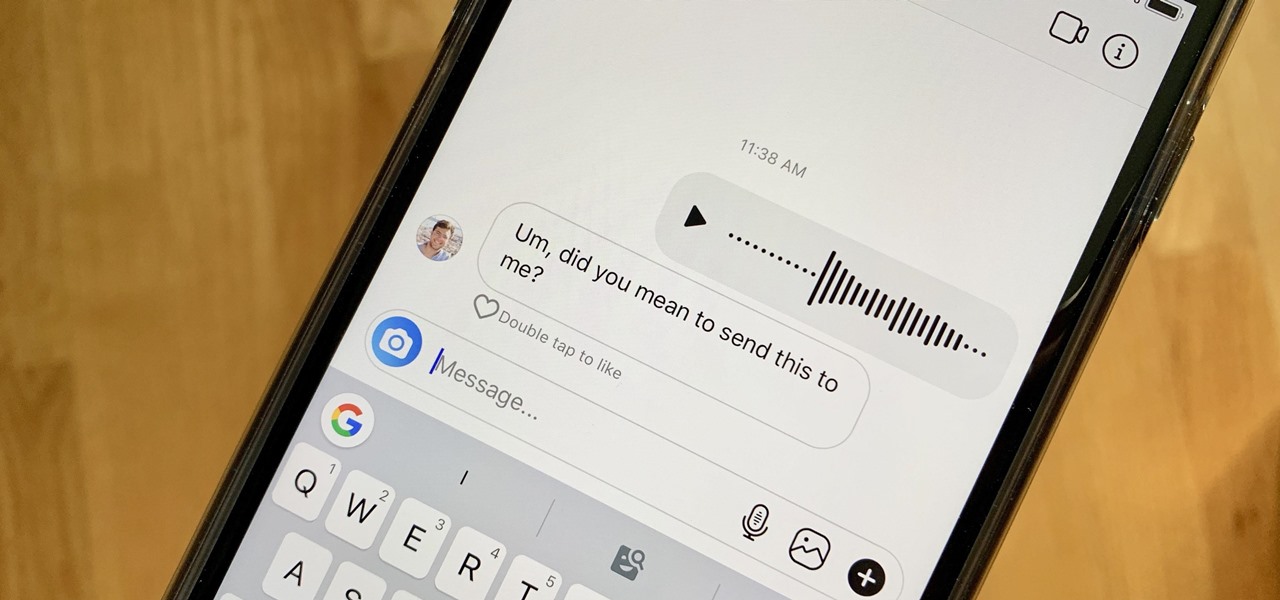Unit 6. Session 2. Voice mail messages.
Caso práctico

The girls are at home and they are talking about their busy day at the office, and about the new task that they have done: leaving voice messages on the telephone.
Eva: I don't know what to do. Do you think Mr. Johnson was really pleased with me? Today I was a little
upset because he gave me a lot of things to do. I was going to talk to him at the end but he was so busy that I couldn’t tell him that everything had been done. I want to make sure that he knows how hard I’ve worked all day. Would it be a good idea to leave him a phone message?
Monica: Hmm, perhaps. Or you might phone him and just tell him.
Eva: Phone him? The thing is that he does not pick up the phone in the afternoons and he may be busy. and It seems wrong to bother him outside office hours, doesn’t it?
Monica: Yes, that’s true, and he will be out of the office for the rest of the day, you should send him a message or perhaps a voice mail message.
Eva: Right, I think that's a good idea, but I’m not sure about the appropriate structures for leaving a message
Monica: I'm not sure about the right expressions either, but don’t worry. We'll figure it out.
Think about it
 Write in the forum:
Write in the forum:
- Are there any rules and regulations about health and safety in the office in your country?
- Why is safety important in the work place?
-
What safety measures should be taken to protect against COVID-19 at the workplace?
 Materiales formativos de FP Online propiedad del Ministerio de Educación y Formación Profesional.
Materiales formativos de FP Online propiedad del Ministerio de Educación y Formación Profesional.



